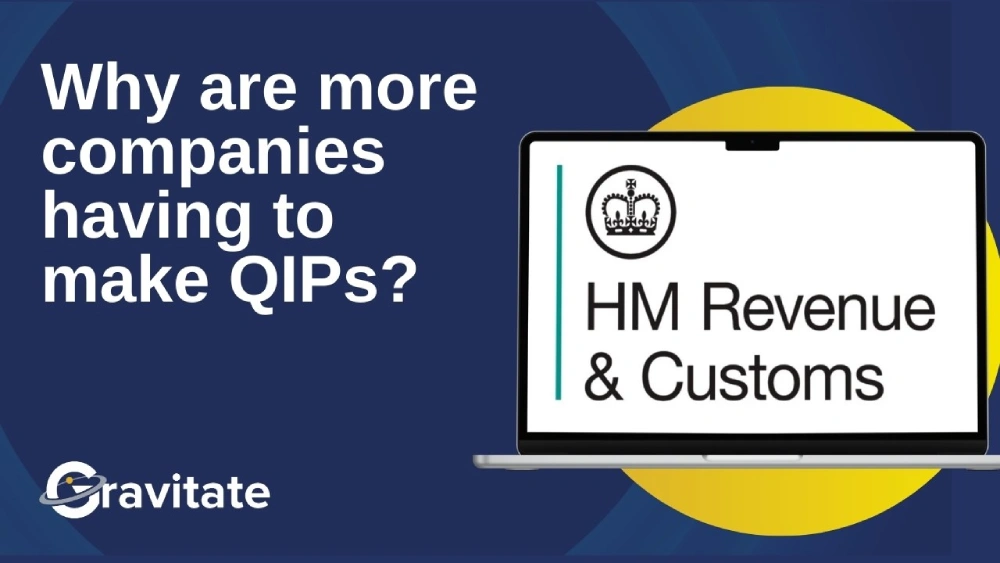Setting up business operations overseas is a big, exciting step for a growing business. The UK offers rich opportunities for expanding businesses, with a dynamic market, affluent consumers, skilled workforce and range of double taxation treaties.
The UK also has a well-established and stable legal system, making it a predictable and reliable place to do business.
Is it better to set up a subsidiary or branch?
There are different ways that a business presence can be established internationally. It is important to understand how these structures differ, as this will impact the legal status of the operation, its tax treatment and its liability.
Why set up a subsidiary in the UK?
For the purposes of setting up a business presence in the UK, a subsidiary is typically recommended over a branch.
- The subsidiary is a separate legal entity, so the parent company’s assets are protected from risk, debts and obligations of the subsidiary.
- As a legal UK entity, a subsidiary may be seen as more credible and find it easier to establish business relationships, secure contracts, and gain customer trust in the UK.
- A subsidiary can make its own decisions, adapt to local market conditions, and seize opportunities without constant oversight from the parent company overseas.
- Subsidiaries file their own financial statements, which can greatly simplify accounting and reporting.
- The subsidiary only operates under UK law, making legal compliance much simpler to manage and ensure.
Registering a UK subsidiary
Your subsidiary must be registered with Companies House, which is the UK government’s official registry of companies. It is where information about company registration, incorporation/dissolution and public records can be accessed.
Requirements for registering a subsidiary with Companies House
In order to register your subsidiary as a private limited company (ltd.) in the UK, you must register with Companies House using the following information:
- A company name for your subsidiary
- A registered office address (which must be in the UK)
- A minimum of 1 company director (who doesn’t have to be a UK resident)
- A minimum of 1 shareholder
- Memorandum and Articles of Association
Legal compliance: Companies Act 2006
The legal framework under which all UK companies must operate is set out in the Companies Act 2006. This includes rules and regulations relating to company operations, company law, the duty of company directors, shareholder rights and information disclosure.
You can read the Companies Act 2006 in full on the UK Government website.
If you are considering expanding your business into the UK market, get in touch with our team today for UK-specific business, tax and compliance advice.

.png)


.png)

.png)
.png)

.png)
.png)
.png)













.png)
.png)
.png)

.png)
.png)

.png)









.webp)
.webp)







.jpg)

.webp)
.png)

.svg)
